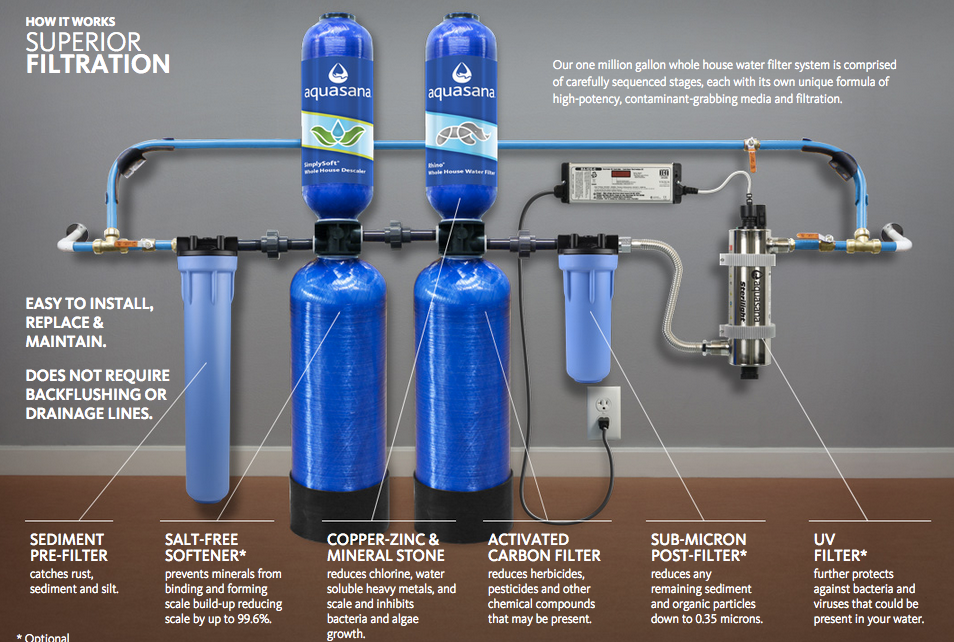There are several water purifiers on the market right now, and everyone claims to provide excellent water quality and has a unique selling proposition (USP). But, you must remember that every water purifier has a distinct set of technical needs and comes with a different set of technical specs. As such, finding the best whole house water filter depends on water pressure, water quality, and available space.
1.Understand Your Requirements
Water filters remove only the specific contaminants listed on their labels. So, know the types of pollutants that exist in your water source. Verify the toxins that the water filter you intend to buy removes, and analyse the amount of water you use daily for drinking, washing, bathing, and cooking. Whole home filters with a Point of Entry system are the best option if you want water purification for all your requirements. Water point-of-use filters, such as RO filters, under-sink filters, and countertop water filters, should be used if water purification is only needed for consumption or bathing.
2.Water Pressure
Both UV and RO filters require a vital pressure water source. The RO filter won't function at its best if the pressure of the incoming water flow is insufficient. Therefore, it is recommended to use activated carbon purifiers if the water pressure provided to your home is inadequate (but the condition is that the water is soft and less impure). However, choose a RO purifier if the water is contaminated and high in TDS. Also, you can connect a pump to the RO filtering system to increase the pressure.
3.Electricity
Although RO and UV filtration are cutting-edge water purification methods, one major issue is that they require power to function. This implies that they are useless without access to electricity.
4.Water Quality
Choose the type of water purifier that best meets your needs after evaluating the water quality at home. Since water quality varies from place to place, it is essential to understand the water's chemistry or ascertain its amount of pollution. To do this, if feasible, have a laboratory perform a water analysis that includes a general water test. The outcome will provide information on total coliform bacteria, nitrate/nitrites, pH, total dissolved solids (TDS), fluoride, and pollutants with organic carbon. As such, examine and find the best whole house water filter that offers a high level of protection from these contaminants.
5.Daily Usage
Analyse your family's daily water use as a whole, and determine if you require water just for drinking or for other home uses. After doing this, you'll have a good idea of the type of water purifier you require. And if you consume a lot of water daily, you'll need a higher output and power model that can efficiently filter a lot of water. Meanwhile, you may easily choose a smaller water purifier if it is low. But before buying the finished product, always take the user base into account.
6.Budget
Despite being obvious, this one bears utmost importance. You must be aware of the amount you intend to spend on a water filter. And once you know your spending limit, you may search for the appropriate product. Meanwhile, choosing a high-quality brand when purchasing a water purifier is usually advised because it is a long-term investment. And to be able to buy the proper model, it is recommended to retain a buffer amount of at least 10% higher than the budget you are anticipating.
7.Determine TDS Level
Find the Total Dissolved Solids (TDS) level in your water supply. And if you receive hard water with a greater concentration of minerals and salt deposits, you should be aware of this. If so, you'll need to pick a water filter that can adequately handle hard water. Meanwhile, TDS levels in drinking water shouldn't be more than 500 ppm (parts per million). So, you should select a water purifier with RO+UV technology if the TDS level in your water source is greater. However, if the TDS is below the upper limit, it is recommended to purchase an RO water purifier.





